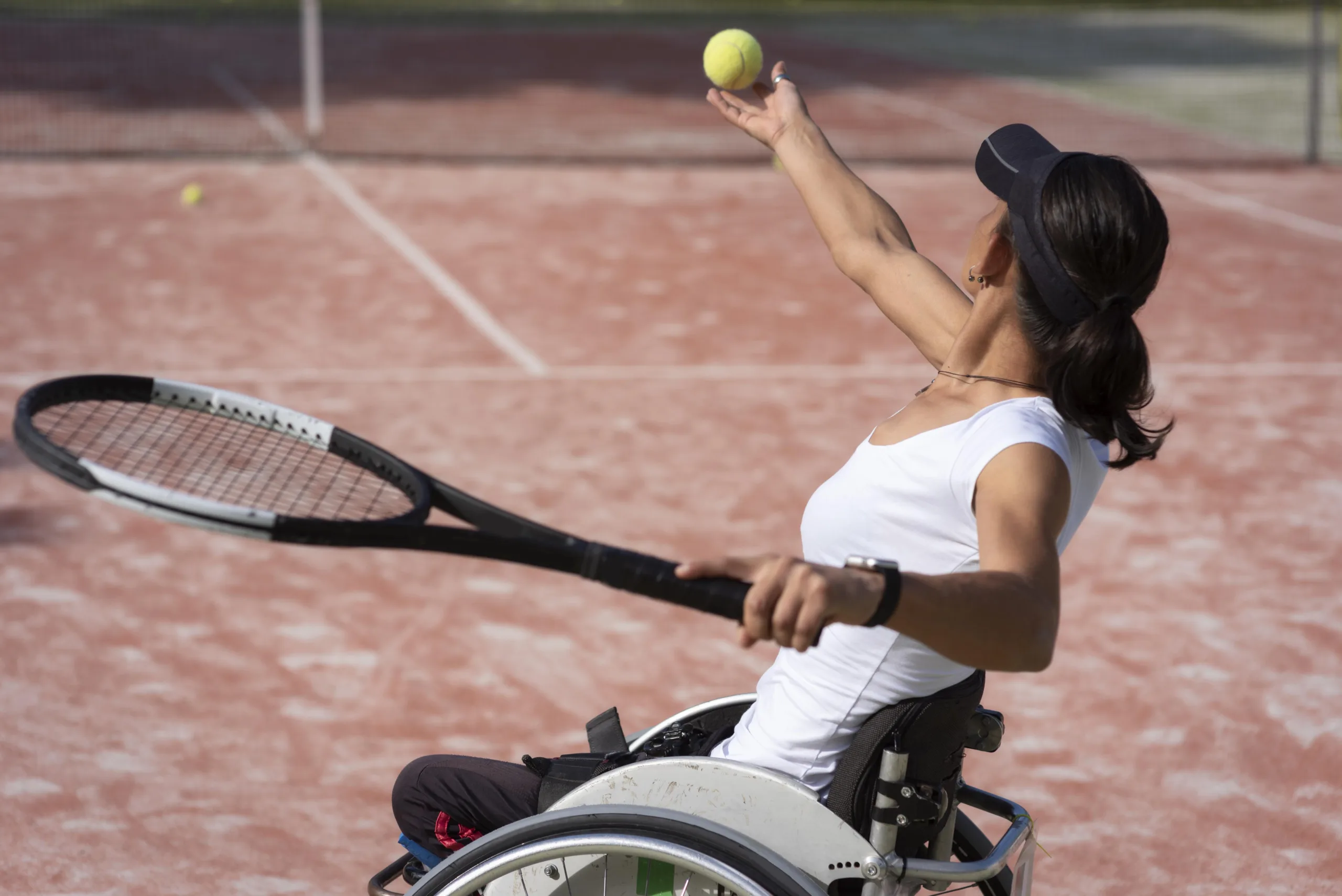In the world of Parasport, inclusivity, and diversity are fundamental pillars that drive positive change and create opportunities for athletes with disabilities. Corporate Social Responsibility (CSR) plays a crucial role in fostering these values, as it enables partnerships between Paralympic Committees and CSR companies to work together towards a more inclusive and diverse sports landscape. In this blog, we will explore the transformative power of CSR in promoting inclusion and diversity in Parasport, highlighting the collaborative efforts that drive positive change within the Paralympic community.
Embracing Partnerships:
Corporate Social Responsibility acts as a bridge between Paralympic Committees and CSR companies, facilitating collaboration and joint initiatives. Through these partnerships, both entities can leverage their resources, expertise, and networks to create meaningful impact. CSR companies bring financial support, resources, and a commitment to inclusivity, while Paralympic Committees provide knowledge, expertise, and a platform for showcasing the abilities and achievements of athletes with disabilities. Together, they have the potential to drive sustainable change and broaden the reach of Parasport.
Expanding Opportunities:
CSR initiatives open doors to new opportunities for athletes with disabilities, enabling them to access resources and support that enhance their sporting journey. By partnering with CSR companies, Paralympic Committees can secure funding for training programs, equipment, and facilities, ensuring that athletes have the necessary resources to compete at their best. Moreover, CSR-driven initiatives often include awareness campaigns and educational programs, breaking down barriers and promoting acceptance and understanding within society. This holistic approach contributes to the long-term growth and development of Parasport.

Promoting an Inclusive Mindset:
Inclusivity lies at the core of Parasport, and CSR initiatives play a pivotal role in nurturing an inclusive environment. CSR companies are champions of diversity, fostering inclusive practices within their own organizations and inspiring change within the Parasport community. By prioritizing inclusivity in their CSR strategies, companies encourage equal opportunities for athletes with disabilities, challenge stereotypes, and dismantle barriers to participation. This concerted effort towards inclusivity paves the way for increased representation, visibility, and acceptance of athletes with disabilities in the realm of Parasport.
Inspiring Consciousness and Participation:
A remarkable aspect of CSR initiatives is their ability to raise awareness and engage the wider community in supporting Parasport. CSR companies leverage their platforms, marketing channels, and networks to amplify the achievements and stories of athletes with disabilities. Through strategic partnerships, they magnify the voices of the Paralympic community, inspiring others to embrace the values of inclusivity, diversity, and resilience. This heightened awareness not only generates vital support but also encourages more individuals to actively participate in Parasport, further enriching the diversity of the sporting landscape.
Conclusion:
Corporate Social Responsibility plays a transformative role in promoting diversity and inclusion within Parasport. Through collaborative partnerships between Paralympic Committees and CSR companies, the Paralympic community gains access to invaluable resources, financial support, and increased visibility. These collective efforts not only expand opportunities for athletes with disabilities but also foster a culture of inclusivity and acceptance within society. As active members of the Paralympic community, let us celebrate the profound impact of CSR in shaping a more inclusive and diverse sports landscape, where every athlete, regardless of their abilities, can thrive, excel, and inspire others through their extraordinary achievements.
Funded by the European Union. Views and opinions expressed are however those of the author(s) only and do not necessarily reflect those of the European Union or the European Education and Culture Executive Agency (EACEA). Neither the European Union nor EACEA can be held responsible for them.


